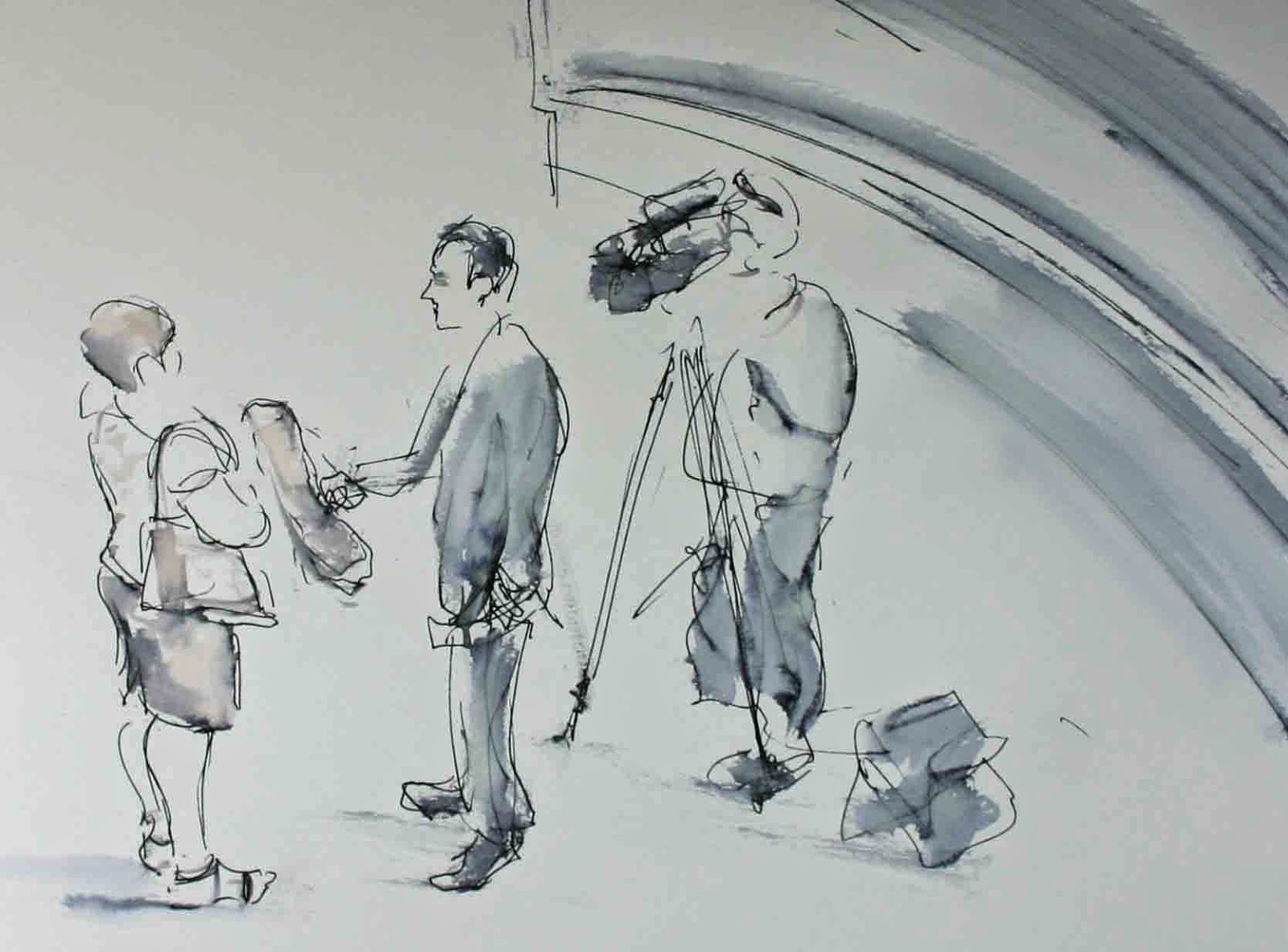[contextly_auto_sidebar id=”PShcnuAukvIMmetWcpybB3SSzippo1Qp”]
The differences between the UK and the USA are numerous, but one area where they may be narrowing is in relation to the willingness of prosecutors to raise their heads above the parapet of anonymity that they have historically enjoyed. This is something that started under Keir Starmer’s tenure, but has continued apace since then under Alison Saunders. It is not one that is free from controversy.
This week, we have seen the indictment of six police officers in Baltimore for offences relating to the death of Freddie Gray. He died in April after being arrested, which sparked a series of disturbances in the city. Announcing the charges, Marilyn Mosby, the State’s Attorney for Baltimore (roughly the equivalent of the Chief Crown Prosecutor for an area) seized the limelight and is now a national, if not international, figure. (‘To the youth of this city, I will seek justice on your behalf. This is a moment. This is your moment.’)
Of course, the decision not to prosecute Lord Janner remains an extremely controversial one. This outcry was presumably foreseen by the CPS as they took great care in setting out their reasoning. It should be noted that if the news reports are correct, then this decision is currently subject to an ‘appeal’, the complainants having asked for a review under the new CPS scheme, so it may be that this case is taken forward into the courts (on a side note, given that the decision was made by the DPP herself, it is not clear who will be responsible for reviewing it).
Unlike some previous occasions, the decision as to prosecution or not was given not by way of a press conference, but a press release where the full reasoning was set out. Although this was a welcome insight into a difficult decision, I have concerns that it was explicitly stated that the evidential test was passed. As a lawyer, we know what this means and its limitations, but to a member of the public this looks very much like a ‘nudge, nudge, wink, wink – we know he did, even though we can’t prosecute him’.
There was no need to spell out the conclusions reached in the evidential test. The conclusion that the DPP had reached that a prosecution should not follow due to Lord Janner’s alzheimers meant that there was no need to discuss what they made of the evidence.
What the CPS say in their announcements has something that has caused me concern on previous occasions. Take when Dave Lee Travis was charged in the summer of 2013, the CPS not announced this, but they told the world that they had ‘decided that no further action should be taken in relation to seven separate allegations against Mr Griffin as we determined that there was insufficient evidence for a realistic prospect of conviction‘.
Again, it is unclear why it is necessary to refer to allegations that have been made that are not being pursued.
Frankly, if they don’t meet the evidential test in such a high profile case where other allegations are being charged, then they really can’t be much cop. It is hard to see what the public interest in referring to these allegations can be, other than to blacken the name of the defendant.
Of course, I accept that the reason that the CPS do this is not to prejudice a defendant – you would have to be a conspiracy theorist to think that. It must be remembered that however soberly written a press release may be, it will get picked up, edited, and reported in the press. A year or so down the line when the case is in for trial, how do you know or regulate what jurors remember, consciously or subconsciously, from this. Against that backdrop, it is arguable that they should take more care in their public utterances.
It will be a long time, if ever, before we have a similar level of publicity for our prosecutors. Having said that, Alison Saunders is a household name, or at least is reported in the press. I imagine that many lawyers have mixed feelings about this. Although the greater transparency and engagement with the public is to be welcomed, this must not be at the expense of fairness to the defendant.
This is a tough balancing exercise, and it will leave many people unsatisfied. However, the golden rule must surely be that nothing is said or done that may jeopardise a fair trial. There is no need to refer to allegations made but not pursued, or to state the outcome of the analysis of the evidential test if the case will not be pursued due to it not being in the public interest. Although this may be an excess of caution, it would not surprise me if this triggers an unfortunately timed jury note, or some other issue, which derails a trial at some point.







